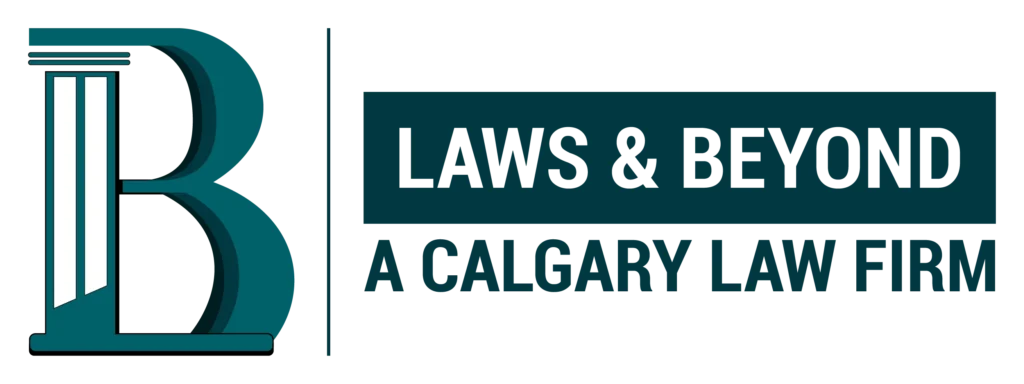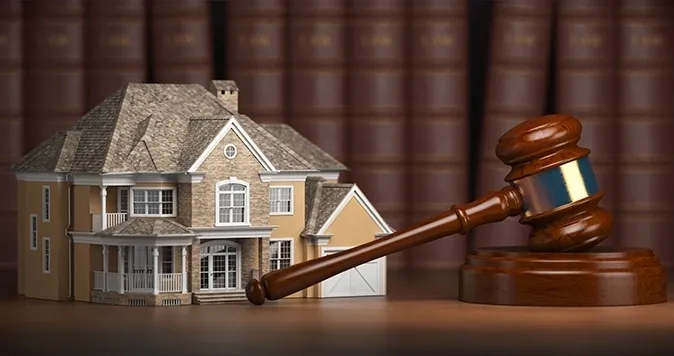Real estate, or real property, refers the land and the structures attached to it. Real estate law covers the ownership and use of real estate property, for both residential and commercial properties.
A typical real estate transaction involves a family home, which is usually the family’s largest financial investment. To protect your investment, make sure it is handled by an expert who is well-versed in real estate law principles as well has the apt business acumen.
A real estate lawyer’s most common responsibilities include ensuring that real estate transactions are structured in their clients’ best interests and executed in accordance with applicable laws, representing clients against unknown liens or encumbrances that may reduce the value of real property, and ensuring that their clients’ rights are preserved.
Our clients often contact us with respect to the following real estate FAQS:
BUYING A HOUSE
How do I buy a house?
There are several legal factors to consider before buying, building or renovating your home. We have prepared a checklist of items you should consider before buying a property:
1) Hire a real estate agent: Although you are not required to use a real estate agent, it may make the process go more smoothly. A real estate agent can show you potential residences to buy, assist you in determining their value, and help you navigate the home-buying process.
2) View Properties: You should view several properties listed for sale in your area before making a final decision about which property to buy. By viewing multiple properties, you’ll get a good idea of property values in your area, know what features your future home should have, etc.
3) Negotiate the Real Estate Purchase Agreement: You will submit a written “Offer to Purchase” once you have found a real estate property that you like. Following that, the seller will either make a counter offer, accept your offer, or reject it.
The parties will engage in a Purchase Contract after the offer is accepted. The closing date, the first deposit to be paid, if you will be securing financing (with a condition allowing you to back out of the deal if you can’t), and whether you will be doing a house inspection will all be included in the Purchase Contract.
4) Hire a Home Inspector: A home inspector is a licensed professional who will walk through the property looking for any flaws or issues that the seller may not have disclosed to you or be aware of. After you inspect the property, you can bargain with the seller to make repairs or change the sale price.
§ It is strongly recommended that you hire professional to inspect the property before the real estate deal is finalized.
5) Financing: You’ll need to decide whether or not you’ll require bank mortgage financing and how much you’ll need to borrow. See the list below of the stages involved in obtaining mortgage finance.
6) Obtain Relevant Property Disclosures: For instance, if the property is a condominium then you may require a copy of the reserve fund study.
7) Hire a Lawyer: You deserve an experienced attorney who will walk you through the whole real estate acquisition procedure.
With our meticulous preparation, legal skills, and comprehensive understanding of local laws, regulations, and procedures, Laws & Beyond can assist you in realizing the full potential of your real estate. We can assist you whether you are a novice or have purchased a number of properties.
Take this opportunity to book a free half an hour consult and to speak to a real estate lawyer at Laws & Beyond about all your needs.
What are the legal costs of buying a house?
The legal fees associated with buying a house are typically calculated by adding legal fees, expenses and disbursements. The expenses include items such as costs of photocopying etc. The disbursements include items such as land title registration fees. Check our legal fees here.
Contact your Calgary Real Estate lawyer at Laws & Beyond for the specific costs relating to your real estate transaction.
MORTGAGES
What do I need to do before applying for a mortgage?
Determine how much of a deposit/down payment you can put toward the purchase and the maximum amount you can afford to spend on a home before beginning the home-buying process. You have two choices when it comes to mortgage financing:
1) Preapproval for a Home Mortgage: You’ll give your bank information about your assets, income, debts, and liabilities before you start looking for houses, and the bank will tell you whether you qualify for a mortgage and on what terms (subject to final confirmation of your finances, job, and so on). The lender’s preapproval for a house mortgage can then be presented to the seller when making an offer. This demonstrates to the seller that you have the financial means to purchase the property and that you are serious about doing so.
2) After Offer to Purchase: You can then ask your bank to finance the purchase of the house once you have made a conditional offer to purchase. The bank will then gather the necessary financial data and issue you with a letter of approval for home financing.
COMMERCIAL REAL ESTATE
When do I need to contact a lawyer about a potential commercial real estate?
As soon as you’re ready, start looking for commercial property. Whether you’re selling a commercial property, buying a commercial property, or leasing a commercial property, we can make it easier for you to realize the full potential of your commercial real estate asset. With our careful planning, impressive legal expertise and broad knowledge of provincial and local laws, practices and procedures, we can make commercial real estate transaction stress free.
What insurance do I need to protect my assets?
Laws & Beyond can guide you to obtain the most comprehensive, efficient real estate insurance program suitable for real estate transaction.
LAND TITLE TRANSFER
How much does it cost to transfer Land Title in Alberta?
The value of the property will determine the cost to transfer the land title.
The Land Transfer Registration Fee paid to the Land Titles Office includes a base fee of $50 and an additional fee of $2 for every $5000 of the property value.
The Mortgage Registration includes a base fee of $50 and an additional fee of $1.5 for the mortgage amount.
Can multiple people be on the title at once?
Real estate property can be owned by a group of persons. Real estate can be owned by a single individual, a group of people, or a corporation.
The names of all the people who will hold the title will be listed on your property deed. On transfer deeds, you can also identify people by their numerous names.
What are common types of real estate ownership?
Sole ownership: Either a person or a registered company is the sole owner of the real estate property.
Tenancy-in-common: Where there are 2 or more owners, called tenants-in-common and if a tenant-in-common dies, their share in the land goes to their estate, and not to the other co-owners.
Joint tenancy: Where there are 2 or more owners, but each owner has the right of survivorship, and if an owner dies, their share in the land goes to the other owners.
SELLING REAL ESTATE
What are the legal costs associated with selling real estate?
Legal fees for selling a home are normally computed by adding legal fees, expenses, and disbursements together. Photocopying charges, for example, are included in the expenses. Costs for couriers, for example, are included in the disbursements. Check our legal fees here.Contact your Calgary Real Estate lawyer at Laws & Beyond for the specific costs relating to your real estate transaction.
How does a lawyer help with selling real estate?
A real estate lawyer can assist you in overseeing real estate sales from the time the contract is signed through the bargaining process and even after the sale is completed. To avoid problems, a seller’s real estate lawyer reads sales contracts, conveys terms in a professional manner, and attends closings.
Selling real estate necessitates a thorough understanding of municipal, provincial, and federal legislation. A real estate lawyer helps you protect your asset while ensuring you’re conducting your side of the transaction legally.
In certain circumstances, you should retain a real estate lawyer even before listing the property. These circumstances include:
1. Liens: If there are any outstanding liens registered against the property, your lawyer can help you resolve those issues and clear the pathway to closing.
2. Joint Sale: If you are selling a property that you own with someone other than your spouse, you must immediately contact a lawyer to ensure that all relevant documents, such as dower release, are in your possession and producible.
3. Estate Sale: If an estate is selling a deceased person’s property, a lawyer should be appointed as soon as possible, especially if you are grieving the loss of a loved one.
I sold my house but my lawyer has the money. Why does my lawyer hold money in a “trust account”?
Upon signing the contract, the buyer delivers a deposit for the purchase price to the seller. The cheque is usually made out to the seller’s lawyer, who holds it for safekeeping in a separate account called a trust account. Most residential real estate contracts in Alberta, provides terms as to who receives the deposit if the deal falls apart, or if the contract is cancelled after conditional sale terms are lifted then the seller could receive this deposit as “liquidated damages”.
If the buyer decides to go ahead with the purchase, the down payment will be credited to the buyer and deducted from the purchase price at closing.
Who owns the land title when you buy a condominium property?
A condominium is a group of condo units in which each homeowner owns their individual unit space, but all owners share ownership of the common facilities.
The fundamental distinction between condos and single-family homes is that the land is not owned individually. All of the land in the condominium complex belongs to all of the residents.




